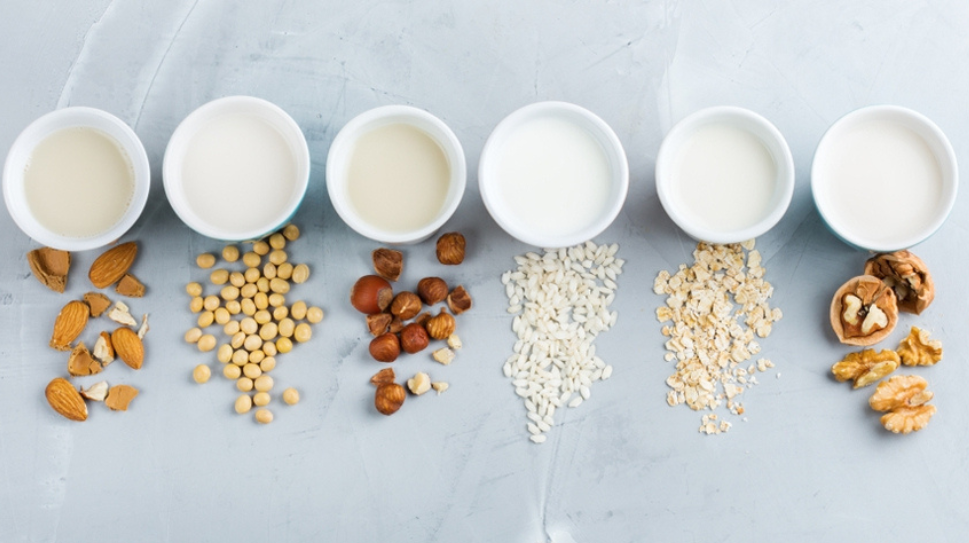
The Future of Nutrition: Plant-Based Milks vs Cow’s Milk
Welcome to the rapidly evolving world of plant-based milk. As the market for these dairy alternatives expands, a new study reveals that not all plant-based milk options are nutritionally equivalent to cow’s milk. This article delves into the nutritional differences and the importance of reading labels.
The Rise of Plant-Based Milk
The plant-based milk market is booming, offering beverages made from seeds, nuts, legumes, grains, and blends of these ingredients. However, not all these plant milk options are fortified to meet the levels of various nutritional ingredients contained in dairy, according to a new study presented at Nutrition 2023.
The Nutritional Differences
The study analyzed nutrition labels and ingredients for 233 plant-based milk products. It found that only 28 of the beverages had as much or more protein, vitamin D, and calcium as cow’s milk. The key takeaway is that if you’re consuming these because of a specific nutrient, you need to be reading the label because the products are so different from each other.
The Health Benefits of Plant-Based Milk
Plant-based milks bring healthy options dairy cannot. They have very low levels of saturated fat, some of them have fiber, and none of them have cholesterol. On the other hand, dairy milk has cholesterol, has saturated fat, and does not have fiber.
The Nutritional Content
The researchers found that most of the plant milk products fall between the level of 1% and skim milk in terms of saturated fat. Although not covered in this report, soy milk has a good amount of essential fatty acids, both N-6 (omega-6) and N-3 (omega-3), compared to highly saturated fat in cow milk.
Fiber, Added Sugars, and Protein in Plant-Based Milk
The team also looked at the amount of fiber in plant-based milks. They found that about a third of the plant-based milk products have sugar or added sugar in quantities that’s more similar to a flavored milk like a strawberry or chocolate milk. In terms of protein, only 38 of the 223 milk alternatives had a protein level greater than or equal to the 8 grams of protein typically found in every 8-ounce glass of dairy milk.
In summary, as the plant-based milk market continues to expand, it’s essential to understand the nutritional differences between these alternatives and traditional cow’s milk. While plant-based milks offer certain health benefits, they may not provide the same levels of certain nutrients. Therefore, it’s crucial to read labels and make informed choices about your dietary intake.


